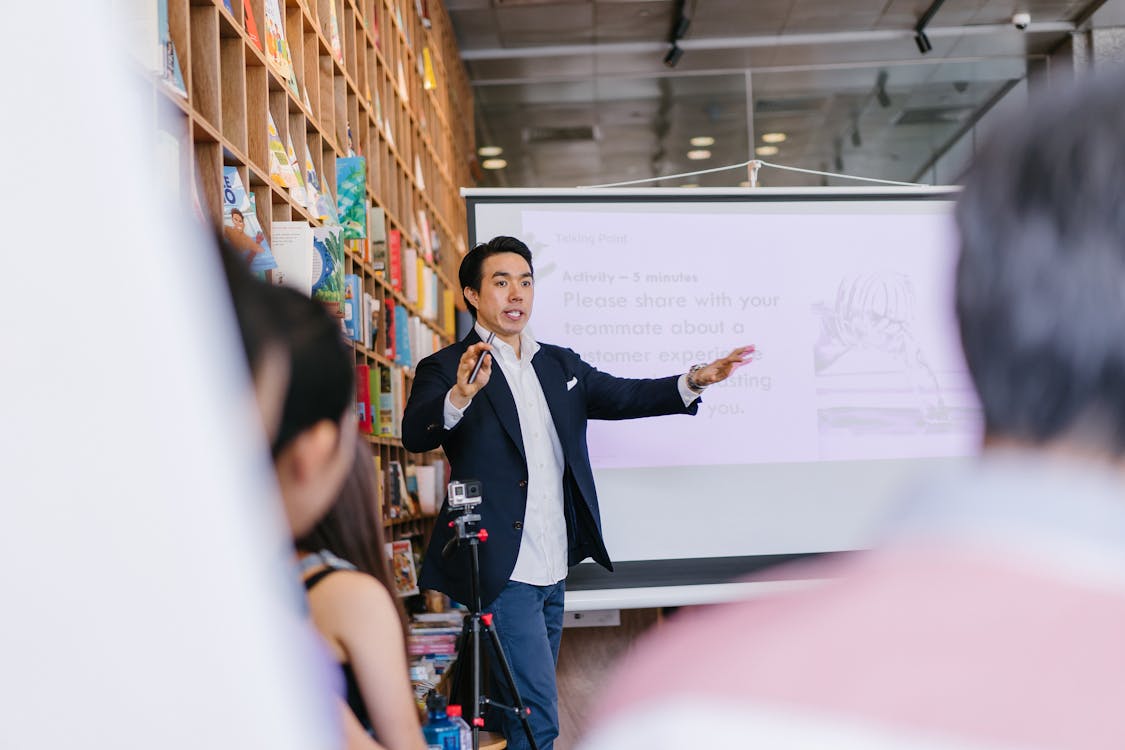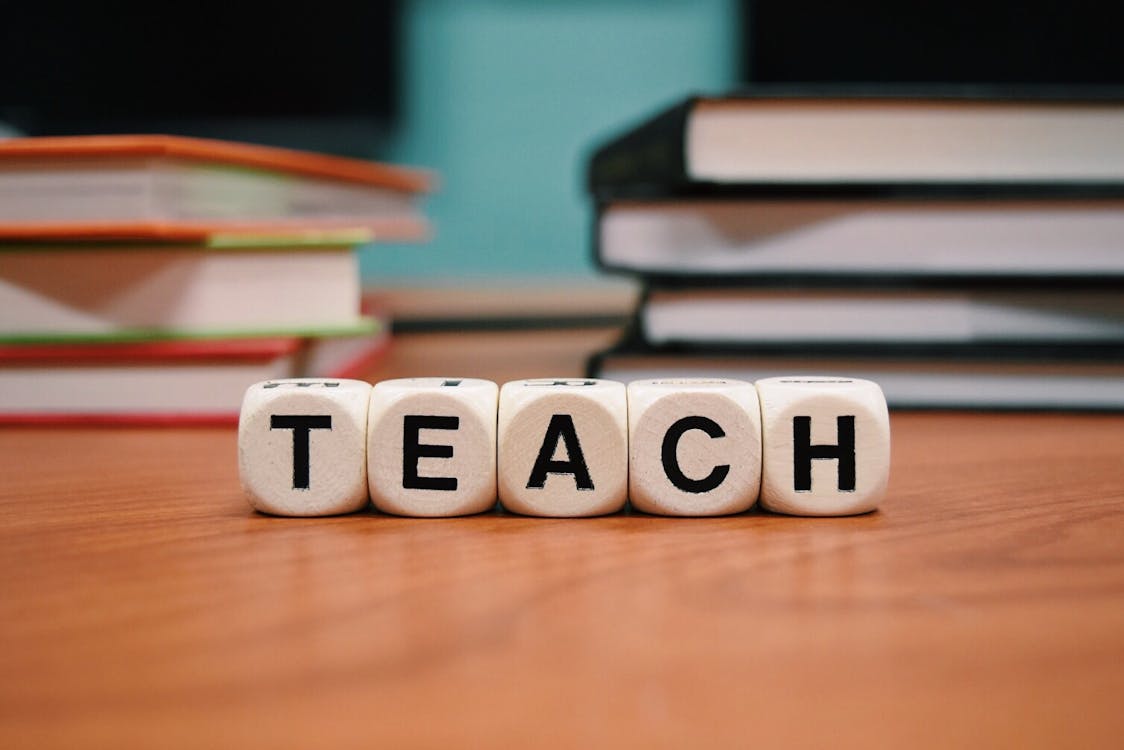Your lesson plan is the framework for the lesson you will teach. Imagine that each lesson is a trip to a particular destination. The destination is the lesson’s objective. Therefore, the lesson plan is the map. It shows where you will start, and maps the route you will take to reach the destination. The lesson plan will also show what mode of transportation will be needed to reach the destination. Think of the target vocabulary and grammar as the modes of transportation. Preparing for the trip can be a challenge for many teachers, especially new teachers. Here are some tips to help you plan a successful lesson and help your students reach their learning destination.
Tip #1 Choose your Destination
What is the objective of your lesson? Every lesson should have a purpose. To establish the lesson’s objective, ask yourself, “What will students know or be able to do by the end of this lesson?” You should have one or two clearly defined learning aims. Do not become overly ambitious and try to have students learn too much in one. Furthermore, your objectives should be level appropriate and try to incorporate previously learned knowledge.
For example, if you want to plan a lesson on shopping for your intermediate level class, your possible objective might be, “By the end of the lesson, students can ask to try on clothes and ask for a different size”

If your students are lover level and have not learned articles of clothing, then you may want your lesson’s objective to focus on learning articles of clothing. Otherwise, you could overwhelm students with learning vocabulary about clothing and vocabulary related to clothing size in one lesson.
Without an objective, your lesson will not be organized and your students may be overwhelmed or confused at the end of the lesson. You should be able to ask your students, “What did you learn today” and they should be able to give you the answer.
Also Read : The journey of iPod: Redefining the way we listened music
Tip #2 What do we pack for the trip?
As with any trip, once you decide on the destination, you can begin packing. If you are planning a trip to a tropical island, the items you pack for that trip will differ from a trip planned in a colder climate. The same can be applied to your EFL lesson. Once you have decided the destination or purpose for the lesson, you will need to decide on the vocabulary or grammar needed to help students get to the destination. If your lesson’s objective is to have students be able to ask to try on clothes or ask for a different size when they go shopping, your vocabulary and sentences will relate to the objective.

You should also be mindful of the student’s level. If students are complete beginners, will they be able to formulate sentences? If not, then you may need to focus only on teaching vocabulary. For example, you would avoid teaching “Excuse me, may I try this on?” or “Excuse me, where is the dressing room?” Your lesson can focus on clothing sizes.
Tip #3 How will we get to the destination?
What activities will allow students to practice using the target grammar or vocabulary? Without the opportunities to apply the newly learned vocabulary or concepts, students will not get to their destination. One challenge teachers face when planning a lesson is packing too many activities into one lesson.
The activities you design and implement should help students reach the lesson’s objective. For example, the intermediate level class will learn how to ask to try on clothes and ask for a different size. In order to help students achieve this goal, the best activity would be role play. The students. Bingo or matching would not provide students with the appropriate practice they needed to achieve the lesson’s aims.

A lower-level class learning vocabulary related to clothing size would not benefit from role play. The goal is to have students at this level remember the vocabulary so a matching activity or game where the vocabulary is repeated and associated with an item matching the size would be more useful. After students have learned the vocabulary, you can try simple dialogues where students can apply the newly learned vocabulary in a role play.
Planning a lesson becomes easier with more practice. It is important to establish an objective that is age and level appropriate. They also serve as a way for teachers to reflect and evaluate their students and teaching methods. After each lesson, teachers should take note of any challenges the lesson presented and how to fix these challenges in the future. If students enjoyed a certain activity, the teacher can plan similar activities for future lessons. While the students are learning a new language, the teacher is also learning the best strategies and methods to teach her students. Enjoy your lesson planning trip!
Further Readings




